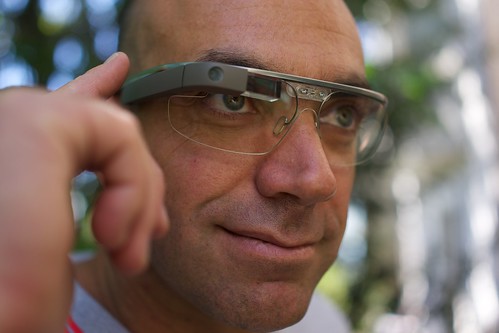If your tech company is setting its sites on an office or partnership in another U.S. city, we know where the sharpest, Web-savviest digitalogists are located.
The Mecca of Tech: Silicon Valley
The U.S. tech scene is still heavily slanted toward Silicon Valley. For British entrepreneurs and Web agencies looking to gain a foothold in the states, Silicon Valley is where the cream of the digerati crop is located. Fast-charging entrepreneurs and venture capitalists, IT and engineering veterans and new graduates from Southern California’s tech schools still head here to launch their empires and gain recognition from their peers.
Among the major companies headquartered in Silicon Valley are longtime tech stalwarts Hewlett-Packard, Intel, Apple, Google, eBay, Facebook, Oracle, SanDisk, Symantec and Yahoo. There are many more small-to-medium sized companies and agencies scattered throughout the area as well.
San Francisco, East Coast Still Hot
Smaller tech businesses looking to settle into a great entrepreneurial tech community should look to this Chron.com article on the best tech cities for your company. San Francisco offers great opportunities for a new Brit upstart to explore and call home. Not only are top Web companies like Twitter, Reddit, Yelp and Craigslist all centered in San Francisco, but industry publications like PCWorld, Wired and MacWorld call San Fran home, too.
The East Coast cities like Boston, New York and Washington, D.C., are still at the top of the list of tech opportunities for workers and partnerships, as are the West Coast cities Seattle, Portland (Oregon), Los Angeles and San Diego.
Bringing Up the Rear
There are a few newcomer cities that might be less well-known for tech to some Web agencies. St. Louis (Missouri), Charlotte (North Carolina), Austin (Texas) and Phoenix (Arizona) are the four top cities for job growth in the tech sector, according to a spring study from tech jobs site Dice.com. St. Louis’ tech job listing numbers grew 25 percent, Charlotte numbers were up 22 percent, Austin rose by 16 percent, and the greater Phoenix region, with hotshot digital content agencies like iAcquire Arizona leading the charge, jumped 13 percent.
Still, these smaller cities lag behind the more well-known, older destinations. The fastest-growing U.S. cities when it comes to tech jobs posted on Dice.com are:
1. New York
2. Washington, D.C./Baltimore
3. Silicon Valley
4. Chicago
5. Los Angeles
6. Boston
7. Atlanta
8. Dallas
9. Seattle
10. Philadelphia
 is the owner and CDO of reelWebDesign.com, a boutique digital marketing and mobile website design company in NYC.
is the owner and CDO of reelWebDesign.com, a boutique digital marketing and mobile website design company in NYC.



 Most of us who have been in the SEO game for a few years, will be somewhat reliant on Google to continue our trade. Google is the largest search engine by far, so it’s there that we want to reach the top of the SERPs, and it’s generally ‘what Google say goes’ as far as our promotional strategies are concerned.
Most of us who have been in the SEO game for a few years, will be somewhat reliant on Google to continue our trade. Google is the largest search engine by far, so it’s there that we want to reach the top of the SERPs, and it’s generally ‘what Google say goes’ as far as our promotional strategies are concerned.
